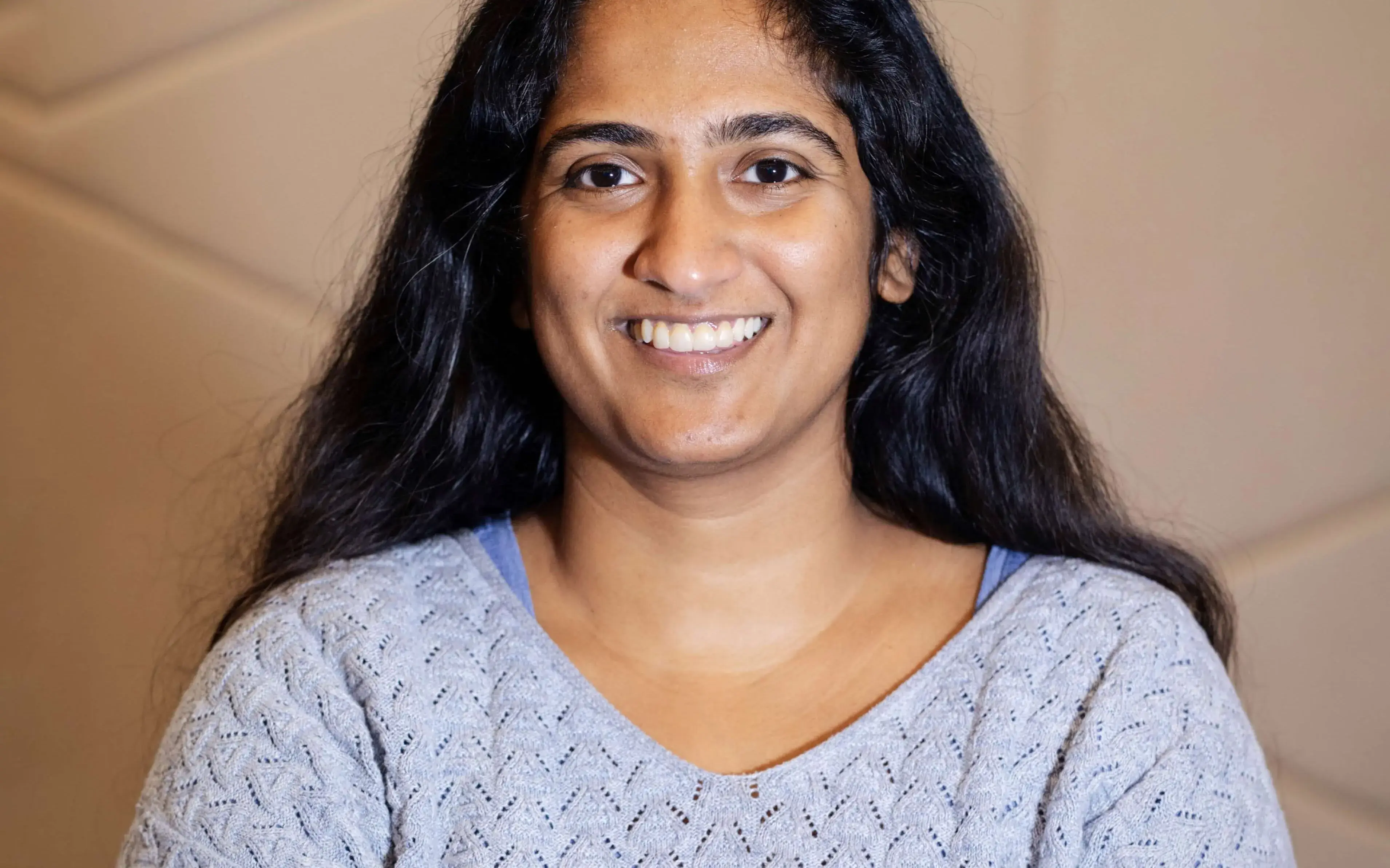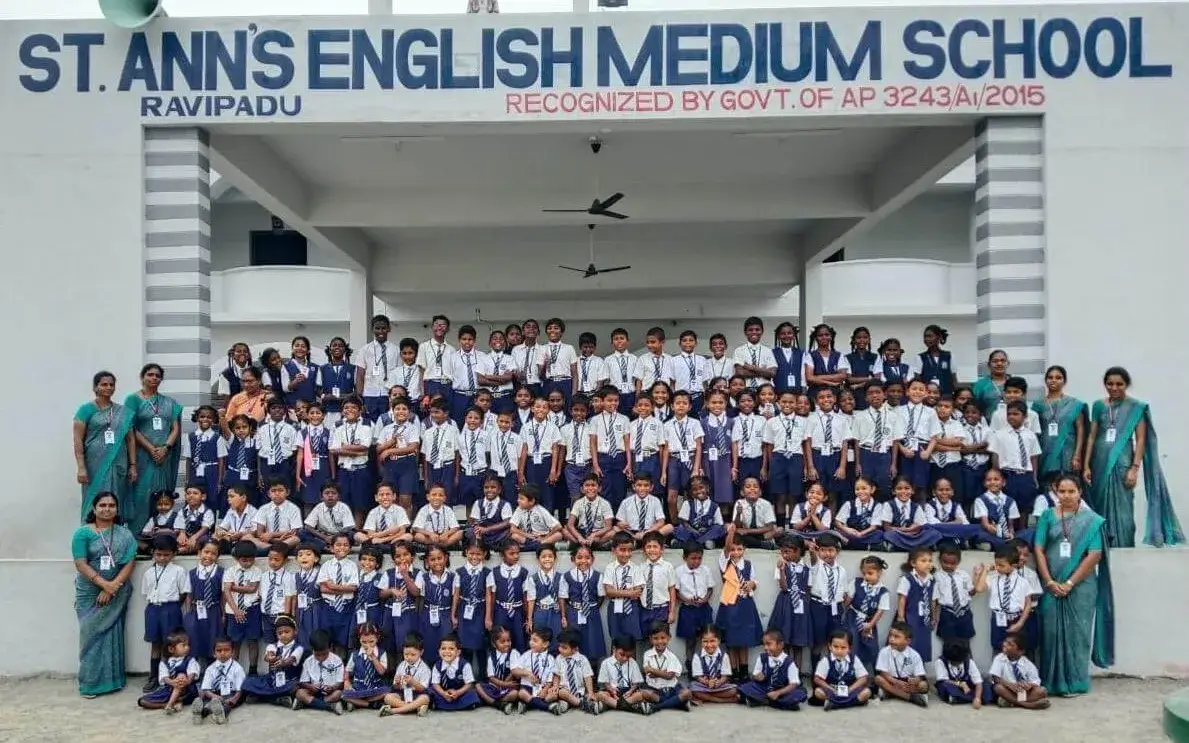
FGM affects women and girls in over 90 countries, yet legal and social challenges persist. Divya Srinivasan from Equality Now discusses the fight against FGM, highlighting legal advocacy, survivor-led activism, and global collaboration as key to ending this harmful practice.
What are the biggest challenges that Equality Now faces in advocating for the global elimination of FGM?
One of the biggest challenges we face is the lack of knowledge and understanding that FGM is a global practice. Our research has found evidence of women and girls being directly impacted in 90 countries around the world. Many people still incorrectly view FGM as an ‘Africa problem’, and while the African continent certainly faces the highest burden of FGM, we know that FGM is also taking place in 15 countries in Asia, alongside countries in the Middle East, Europe and the Americas. Examples include Azerbaijan, Colombia, Georgia, and Russia .
Another challenge we’ve faced recently is the growing anti-rights backlash, which seeks to roll back legal and policy protections against FGM, established after decades of persistent advocacy by survivors and women’s rights organizations. One example is in The Gambia, where a group of lawmakers last year attempted to repeal the law prohibiting FGM. After robust advocacy pushback by local, national, and international women’s rights supporters working in collaboration, the proposed bill was rejected by the National Assembly. However, a new legal challenge to the existing law was then immediately filed before the Gambian Supreme Court, and this is still pending.
How do you work with local communities to address the cultural barriers that perpetuate the practice of FGM?
As an international organization, Equality Now focuses on numerous countries, supporting our local civil society partners who engage with people at the community level. We also run social media campaigns and work closely with journalists to shine a spotlight on FGM in the media and to build understanding about the dangers of FGM, the gender inequality and myths perpetuating this harmful practice, and the legal consequences where FGM is prohibited.
What role do laws and policies play in the eradication of FGM, and how do they evaluate their implementation in the affected countries?
Laws against FGM establish it as a serious human rights violation and outline governments' obligations and commitments to provide protection. Having explicit provisions addressing FGM is the first step in putting in place comprehensive policies and adequate services at a national level. The law is a vital tool to hold perpetrators to account, and acts as an important deterrent by sending a strong message that the practice is both socially and legally unacceptable and punishable.
However, in order to be effective, anti-FGM laws need to be implemented - communities have to be aware of the applicable legal provisions, adequate budget must be allocated towards implementation of the laws and policies, and survivors must be able to access legal and other support services for an effective response after their rights have been violated.
Could you share a recent example of success in your efforts to end FGM in a specific region or country?
Along with our partners, Equality Now strives to ensure that FGM is specifically prohibited by the law in countries where it is prevalent. Our joint efforts contributed to the introduction of a Bill in Colombia in 2024 that addresses FGM, and a Bill introduced in January 2025 in the U.S. state of Connecticut that seeks to prohibit FGM at a state level. We hope these bills are swiftly passed and lead to greater protections for girls at risk of being subjected to FGM.
How does Equality Now ensure that the voices of FGM survivors are at the center of their campaigns and strategies?
Equality Now works closely with survivors of FGM, to ensure their voices are centered in our advocacy work and in determining the appropriate legal and advocacy strategies we choose to implement in a certain country to address FGM. We also amplify the stories of survivors who speak about the impact of their personal experience on our website and in our publications.
What international alliances have been key in advancing the fight against FGM, and how do they collaborate with other organizations?
Equality Now is a core group member of the Global Platform for Action to End FGM/C, which is a consortium of civil society organizations, champions, survivors, and grassroots representatives united in a singular mission: to support the abandonment and prevention of FGM. The Global Platform has been leading collective efforts to address the funding gap for efforts to eradicate FGM, and to ensure that FGM is addressed as a global issue. The UNFPA- UNICEF Joint Programme for the Elimination of FGM, is also a key programme internationally leading efforts to end the practice.
How do they address the intersections between FGM and other forms of gender-based violence, such as child marriage or trafficking?
We follow a holistic and interconnected approach towards ending all forms of harmful practices. Child marriage and FGM are closely linked as practices driven by unequal gender norms aimed at controlling the sexuality of girls. In certain contexts, a girl is considered ready for marriage only after she has been subjected to FGM, so FGM is often a precursor of child marriage.
What impact have changes in international and national legislation had on the practice of FGM in recent years?
Laws can have an impact on the prevalence of FGM, when they are effectively implemented using a multi-sectoral approach, and are accompanied by other initiatives including community education and awareness campaigns and work to transform harmful social norms. For instance, the law in Kenya, along with other efforts, has contributed to a reduction in prevalence from 32% in 2003 to 15% in 2022.
What role does education and awareness play in communities to prevent FGM, and what methods have been found most effective?
Studies that have analyzed the effectiveness of efforts to end FGM have found that health education, community education, and awareness, media and social media campaigns, and an increase in access to formal education for women and girls have worked as part of comprehensive efforts to eliminate FGM. Additionally, comprehensive legislation accompanied by political will, when implemented along with other interventions, creating FGM-free communities through public declarations, and training health providers are promising interventions that show some evidence of having an impact on the practice.
What are the next steps and priorities of Equality Now in its mission to eradicate FGM globally?
In partnership with the U.S. End FGM/C Network and the European Network to End FGM, Equality Now will be releasing in Febraury an update to its 2020 report FGM/C: A Call for a Global Response, highlighting new evidence about the global practice of FGM and collating data from across the world. We will also prioritize mobilizing to prevent and respond to the growing anti-rights backlash to ensure that we preserve the gains made toward ending FGM. We will continue advocacy for Mali, Sierra Leone, Liberia, and Somalia - the only 4 countries in Africa where the practice is prevalent which do not have specific laws prohibiting FGM - to pass laws banning FGM.






Add new comment